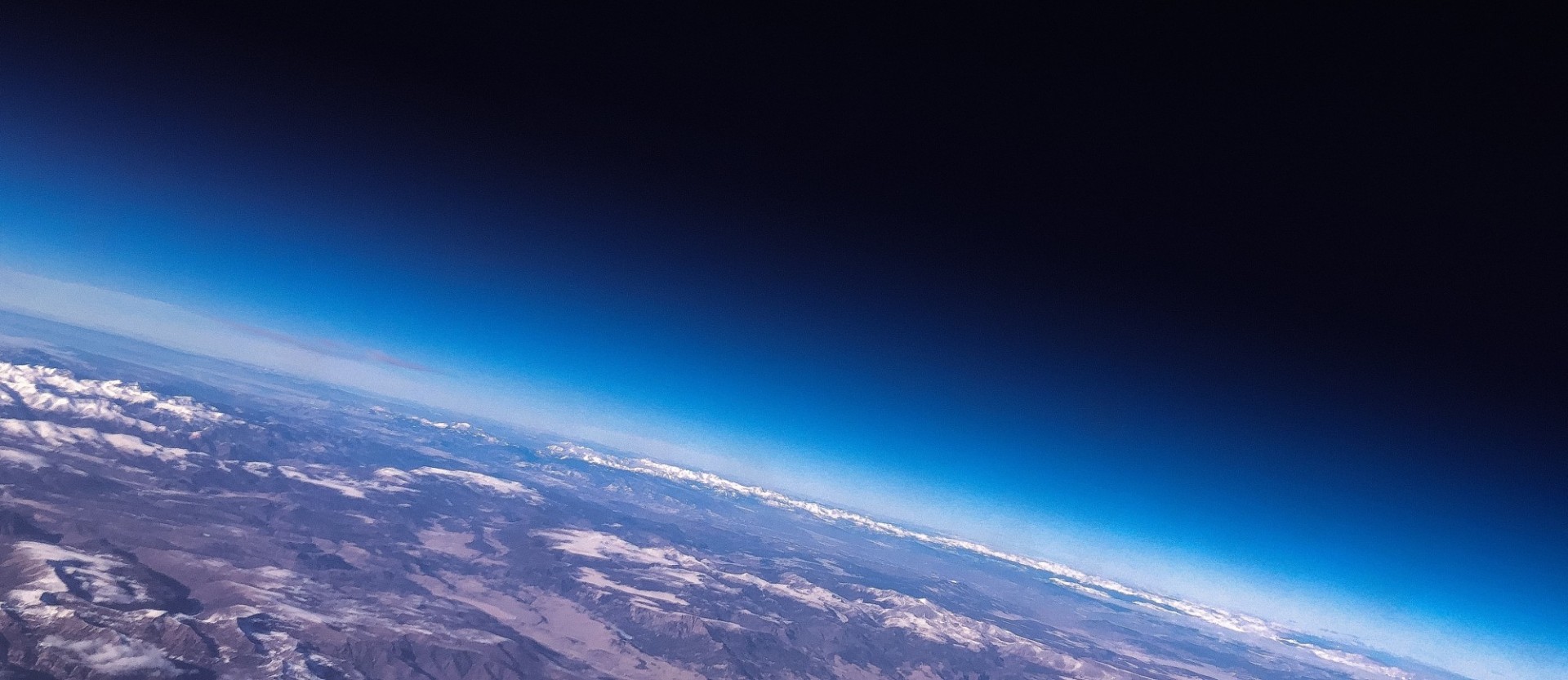The Columbia Academy on Law in Global Affairs is a new online open-access event series that addresses the tectonic shifts in legal, economic, and political relations since the end of the Cold War. The free year-long series brings together Columbia Law School faculty who specialize in areas ranging from trade law (Petros Mavroidis) and global capitalism (Katharina Pistor) to human rights (Sarah Cleveland) and racial justice (Kendall Thomas). They will present their research and debate current issues with colleagues from around the globe.
These experts and other Columbia Law professors will each lead one online seminar—or “think-in”—between September 2021 and April 2022: Law in the Changing Global Economic Landscape is the theme of the fall term, and Law and the Pursuit of Global Justice: Challenges for the 21st Century in the spring session. The goal is to share and to learn in an open format without credits or grading.
When the Iron Curtain lifted in 1989, freedom, democracy, and prosperity seemed, finally, to be within reach. Economic and financial integration, legal and regulatory harmonization, and the universalization of human rights were priorities for politicians and policy advisers in governments, supra- and international organizations, and the growing number of NGOs. Lawyers and legal scholars were central to this ambitious agenda. They provided essential counsel on the complex web of rules and principles governing economic and political systems, helped make them interoperable, and crafted the legal framework for new governance regimes.
The late-20th-century dream of a new world order has been threatened by an emerging set of existential obstacles: the global financial crisis of 2008, which left the international financial system reeling; a pandemic that has killed more than 4.6 million people worldwide; the rise of authoritarianism in democracies such as Brazil, Hungary, India, Poland, and even the United States; and the acceleration of climate collapse that has produced devastating droughts, wildfires, and floods around the globe.
A world in flux requires new analytical frameworks, new questions, new answers, and new practical solutions. Columbia Law School has a long tradition of helping to build institutions and advising current and future leaders in government, international organizations, NGOs, and the private sector. As teachers and scholars, Columbia Law faculty strive to improve the world.
The Columbia Academy on Law in Global Affairs is open to anyone, but registration will be required. The goal is to share and learn in a format without credits or grading. Events will typically be on Fridays, with six to eight events per term. The format will vary, with some professors presenting their research and insights alone and others assembling panel discussions.
The Columbia Academy on Law in Global Affairs is co-sponsored by Columbia Law School, the Parker School of Foreign and Comparative Law at Columbia University, Columbia University’s Committee on Global Thought, and the Columbia Global Centers.

